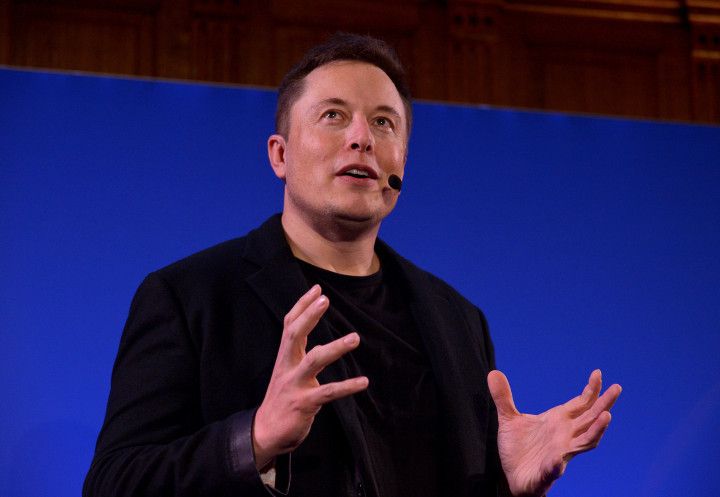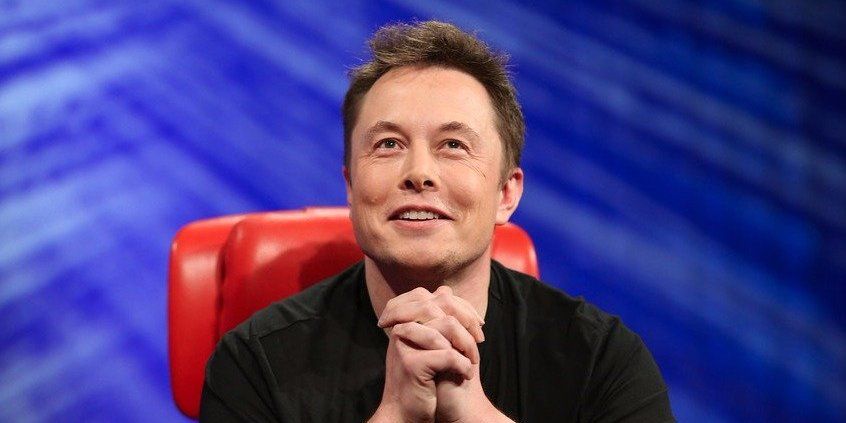DARPA announced the Targeted Neuroplasticity Training, or TNT, program last March, and work now has begun on the effort to discover the safest and most effective ways to activate a natural process called “synaptic plasticity.”
Plasticity is the brain’s ability to strengthen or weaken its neural connections to adapt to changes in the environment. For TNT Program Manager Dr. Doug Weber, such plasticity is about learning.
“We’re talking about neural plasticity, or how the neurons, which are the working units in the brain, how their function changes over time as we train on new skills,” he said during a recent interview with DoD News.
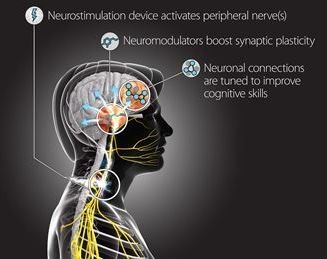

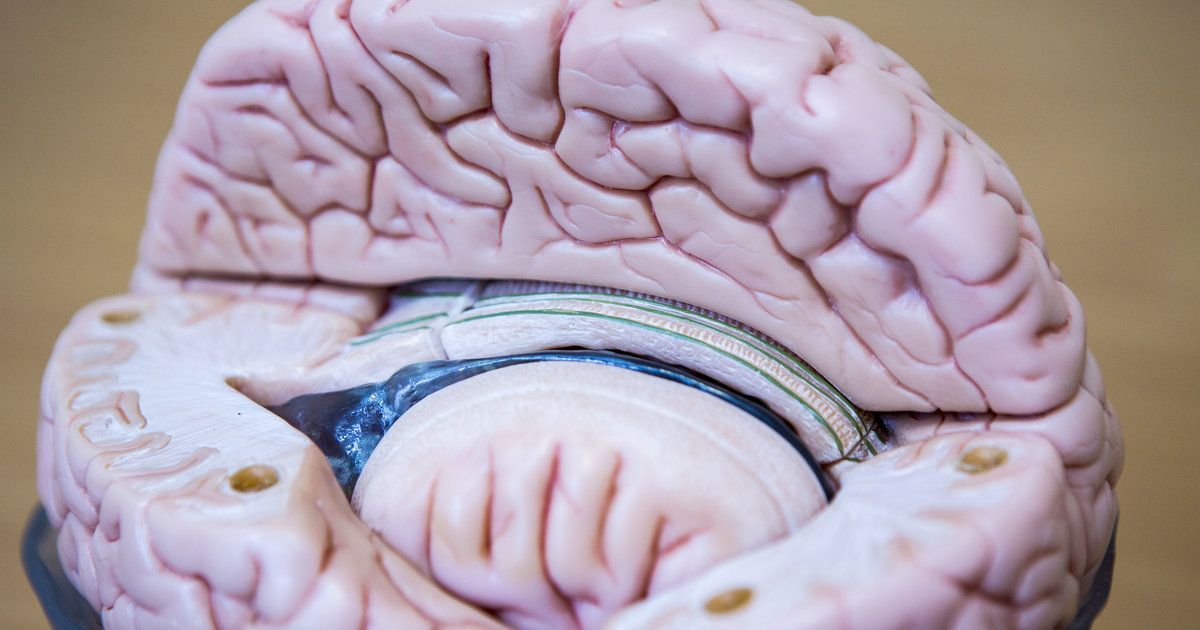
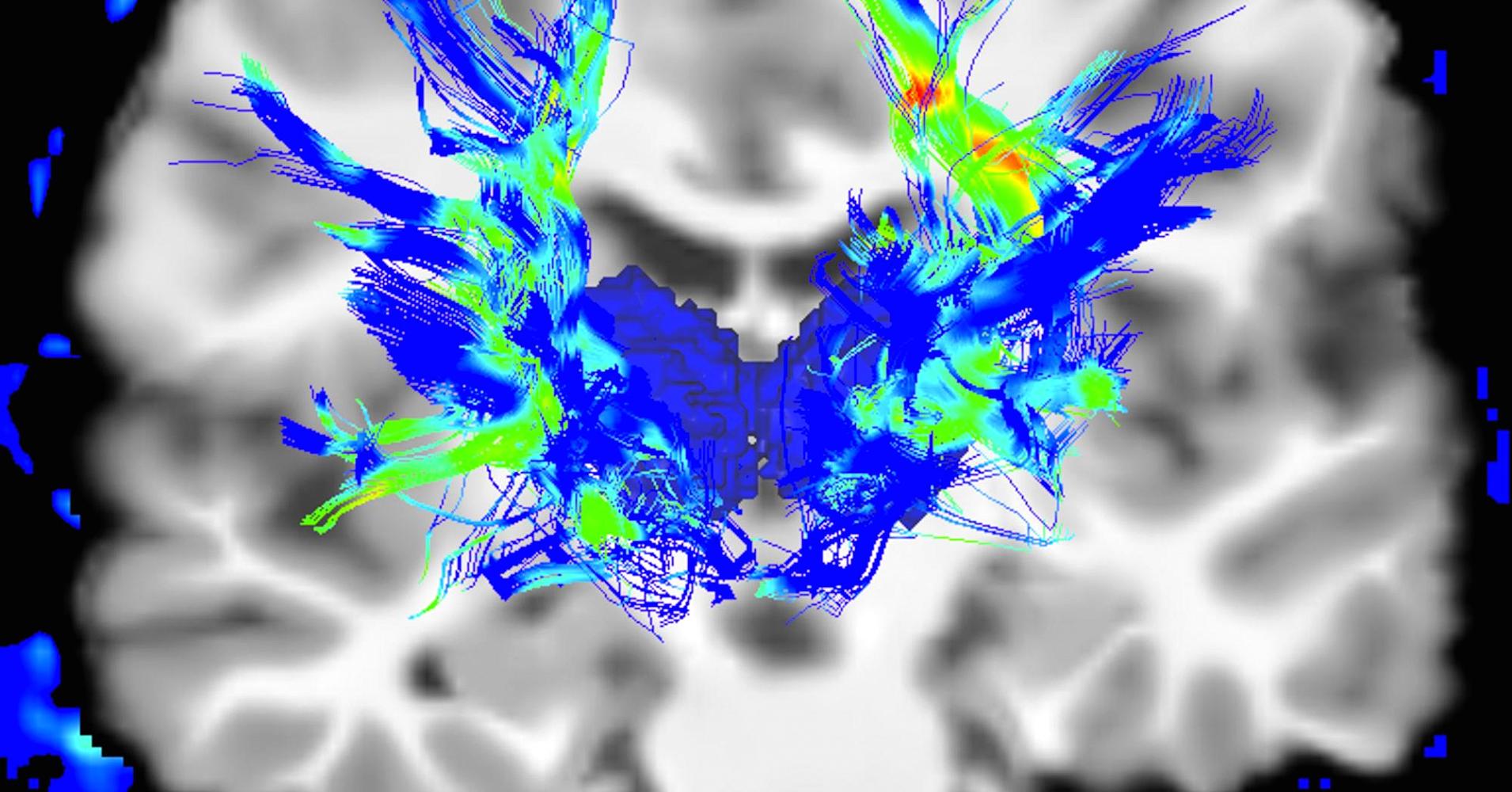
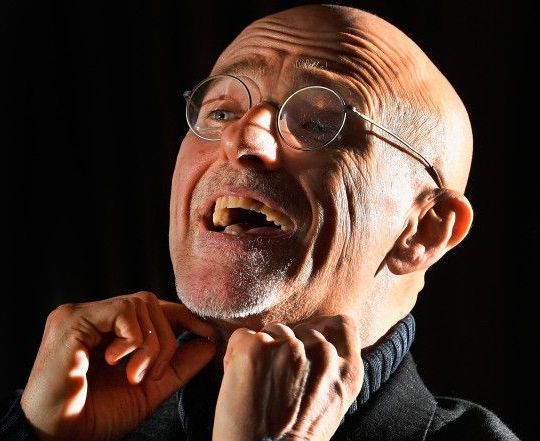
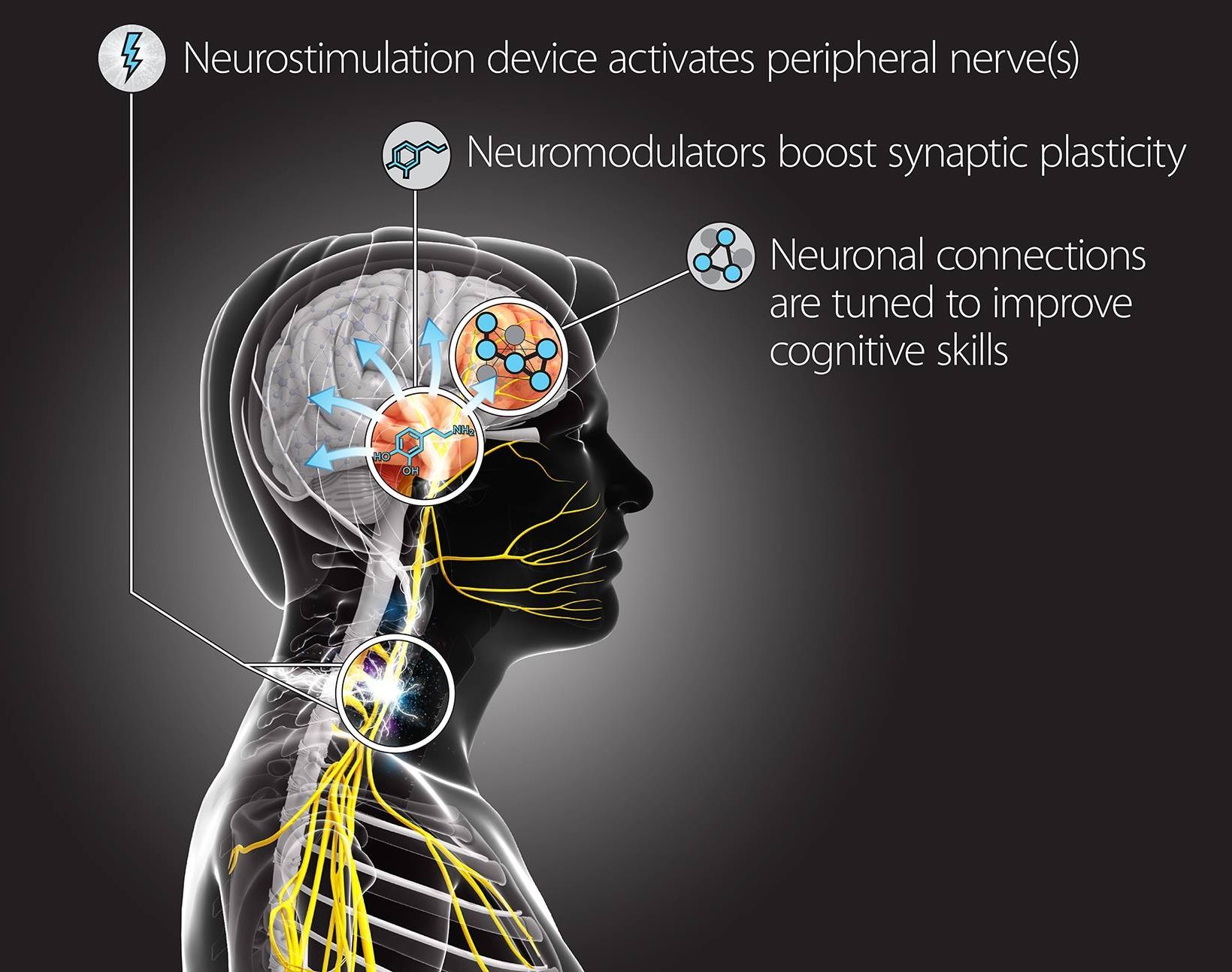
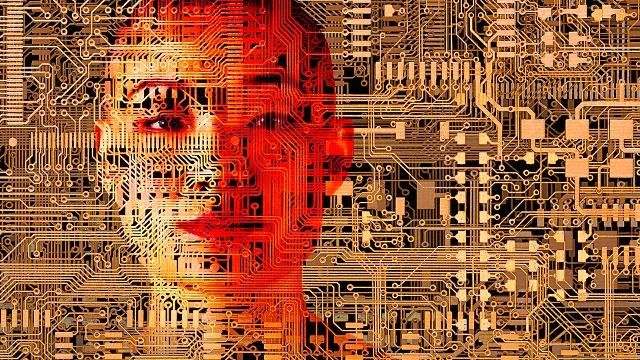

 The most common type of dementia is Alzheimer’s disease and as the average life expectancy has risen in recent decades so has the occurrence of this and other neurodegenerative diseases. Aging is the primary risk factor for Alzheimer’s and researchers are searching for new ways to combat this devastating disease.
The most common type of dementia is Alzheimer’s disease and as the average life expectancy has risen in recent decades so has the occurrence of this and other neurodegenerative diseases. Aging is the primary risk factor for Alzheimer’s and researchers are searching for new ways to combat this devastating disease.